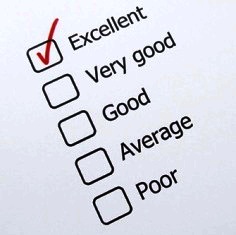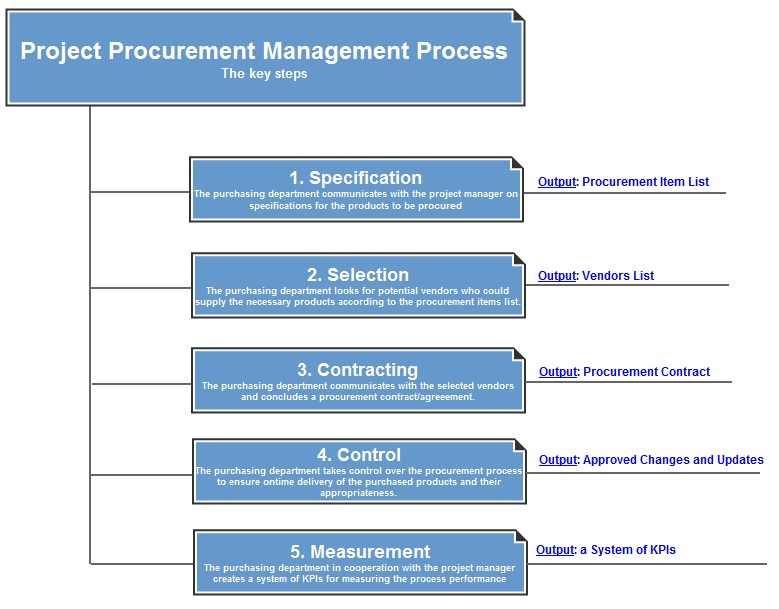Category: PM Tips & Ideas
For people who drive long distances such as van drivers, time is of the utmost concern. Sometimes even a slight change in strategy can save you hours of being stuck in traffic. To help you manage your time on the road better, here are 11 time management hacks especially for road warriors.
Many times what should be productive planning meetings turn into unproductive arguments or complete timewasters. Sometimes, as the person leading the meeting, you can spend more time diffusing bickering or trying to get people to stay focused on the topic than you do cultivating productivity. A more conductive environment can be encouraged if a few management tips are kept in mind before, during, and after the meetings.
The art of project management grants companies the flexibility in decision making and job organization. There are many different approaches and methodologies that help organize personnel and teams in projects, so today businesses can set up and change their project management culture much easier than earlier.
Scheduling can make or break a project. While the success of a project management initiative depends greatly upon both adequate planning and efficient execution, realistic scheduling is sometimes underestimated. Some executives don’t consider the development of a realistic schedule as sound to success as it really is. Meanwhile, adding more accuracy and explicitness to the project schedule lets align the entire work with stakeholder expectations and accounts for true risk exposure.
Inadequate planning is considered the number one mistake in project management. Many troubles can be prevented and tracked by effective and efficient planning. So this time I’m going to describe what primary mistake some executives make when trying to set up and handle their project initiatives.
















